James Gunn’s Superman soared into theatres across the world this weekend, but in India, the Man of Steel’s flight was grounded by an indomitable foe: the Central Board of Film Certification (CBFC). Audiences here were treated to a version of the film that felt conspicuously snipped, with a now-infamous 33-second floating kiss between Clark Kent (David Corenswet) and Lois Lane (Rachel Brosnahan) mysteriously missing. The romantic moment previously teased in trailers was reportedly deemed too “sensual” by the CBFC, which demanded its removal in exchange for an UA certificate.

A swift wave of public outrage has since followed online, with exasperated fans pointing out the absurdity of censoring a kiss in a superhero flick while Indian films continue to get away with far sleazier depictions of women, often under the guise of tradition or mass appeal.
But the uproar surrounding Superman is hardly an isolated incident; rather, it’s just the latest cape caught in the CBFC’s scissors. One needn’t look far down the cutting room floor to find Dev Patel’s Monkey Man, a politically loaded revenge saga set in a dystopian India, which found itself ghosted by the certification board. Universal Pictures had already pre-emptively cleaned house, swapping saffron banners for red and scrubbing out scenes that drew lines between religion and violence. Yet, despite these concessions, the film still failed to secure a screening date with the CBFC. No official ban was declared, but the film was never certified either. Industry insiders described the move as a covert form of bureaucratic censorship: by not officially rejecting the film, the board avoided controversy while still keeping it out of theatres. For Indian audiences, Monkey Man remains unseen, and, perhaps more tellingly, unspoken.
Shortly after, The Apprentice, Ali Abbasi’s thorny biopic on Donald Trump, arrived at the CBFC’s doorstep, only to be promptly taken apart. The board demanded that nude scenes be axed, a graphic sexual assault between Trump and his then-wife Ivana trimmed by 75%, and the term “Negro” removed altogether. They also threw in the usual public service announcements about smoking and drinking for good measure. Not mincing words, Abbasi said the world needed a “vaccine against censorship,” arguing that what was left of his film after CBFC’s pruning barely resembled the one he made.

Sometimes, films disappear without a trace. Sean Baker’s indie drama Anora, widely celebrated on the global awards circuit and eventually crowned Best Picture at the Oscars 2025, was originally slated for a November 2024 release in India. Then it vanished into the limbo known to Indian cinephiles as “TBA” — the all-too-familiar acknowledgement that the film likely did not clear the CBFC’s moral radar. Featuring the story of a Brooklyn-based stripper marrying into a Russian oligarchy, Anora may have been too risqué, too complex, or simply too uncomfortable, for certification.
A slightly more local ghosting was with Santosh, a blistering Hindi-language drama made by an Indian cast and crew under a UK production banner. The film stormed Cannes in 2024, winning praise and major award nominations, only to be stonewalled in its own backyard. The CBFC didn’t technically ban Santosh, but instead, sent back a laundry list of edits so sweeping and vague, director Sandhya Suri called them “impossible” to implement. While specifics remain under wraps thanks to legal restrictions, it’s speculated what rattled the board was the film’s interrogation of India’s police force, gendered violence, and systemic rot.

But even filmmakers who play by the rules aren’t safe. Halina Reijn’s Babygirl, an erotic drama starring Nicole Kidman, was officially granted an A (Adults Only) certificate, only to be carved up anyway. Over three minutes of “problematic” content were snipped, including intimate visuals and spicy language, prompting critics to ask what purpose an adult certification serves if adults still needed babysitting? The paradox of certifying films for adults and then treating those same adults as incapable of processing difficult or sensual material continues to dog the board’s credibility.
In a similar vein, Brady Corbet’s Oscar-winning The Brutalist, starring Adrien Brody and Guy Pearce, was released in India with roughly one minute of nudity and sexual content removed. While the cuts were less dramatic than those faced by other films, Pearce himself commented that such interventions could undermine a film’s emotional weight and artistic intent. A minute may be short, but as Pearce noted, “Sometimes it’s the uncomfortable parts that help the story land.”
Of course, nothing quite captured the board’s deeply confused moral compass like Christopher Nolan’s Oppenheimer. The film wad released with its runtime intact, but not its integrity. Sex and nudity were blotted out with the infamous “CGI black dress,” cigarette smoke disappeared into a puff of denial, and a pivotal scene featuring Florence Pugh and a recitation of the Bhagavad Gita sparked outrage from government officials and Hindu nationalist groups. Never mind that the film is about a man grappling with the morality of creating the atomic bomb, for the real crisis apparently, was quoting scripture during sex. And though the audio remained, the Minister of Information and Broadcasting questioned how the scene made it through in the first place.

Other Oscar hopefuls, such as Steven Spielberg’s The Fabelmans, also fell prey to Indian censorship. The CBFC muted several anti-Semitic slurs in the film that, in context, reflected the protagonist’s experience of hate and bullying. In doing so, the board managed to rob the film of its sting, all in service of a more “palatable” viewing experience.
But perhaps the most glaring episode of the CBFC’s vigilance in recent memory came courtesy of Brad Pitt’s F1. The board reportedly asked the filmmakers to digitally replace a middle finger emoji with a fist emoji. Yes, it seems we’re censoring emojis now.
Around the same time, Marvel’s Thunderbolts also faced the wrath of the mute button with five expletives — “a**,” “a**hole,” “d**ks,” “b***h” and “pr**k” — scrubbed. All this despite the fact that the film was aimed squarely at older teens and young adults.
The history of CBFC’s edits is long and often baffling. From blurring alcohol bottles in Ford v Ferrari to removing references to Kashmir from Mission: Impossible – Fallout, the board’s decisions have consistently reflected a desire to control what audiences watch and how they interpret it. What may have started as a well-meaning attempt to shield innocent eyes has now curdled into a mechanism of cultural and political gatekeeping.

In Superman, the missing kiss might seem trivial, but in a film that quite literally flies the flag for truth and justice, it speaks volumes.

 3 hours ago
1
3 hours ago
1

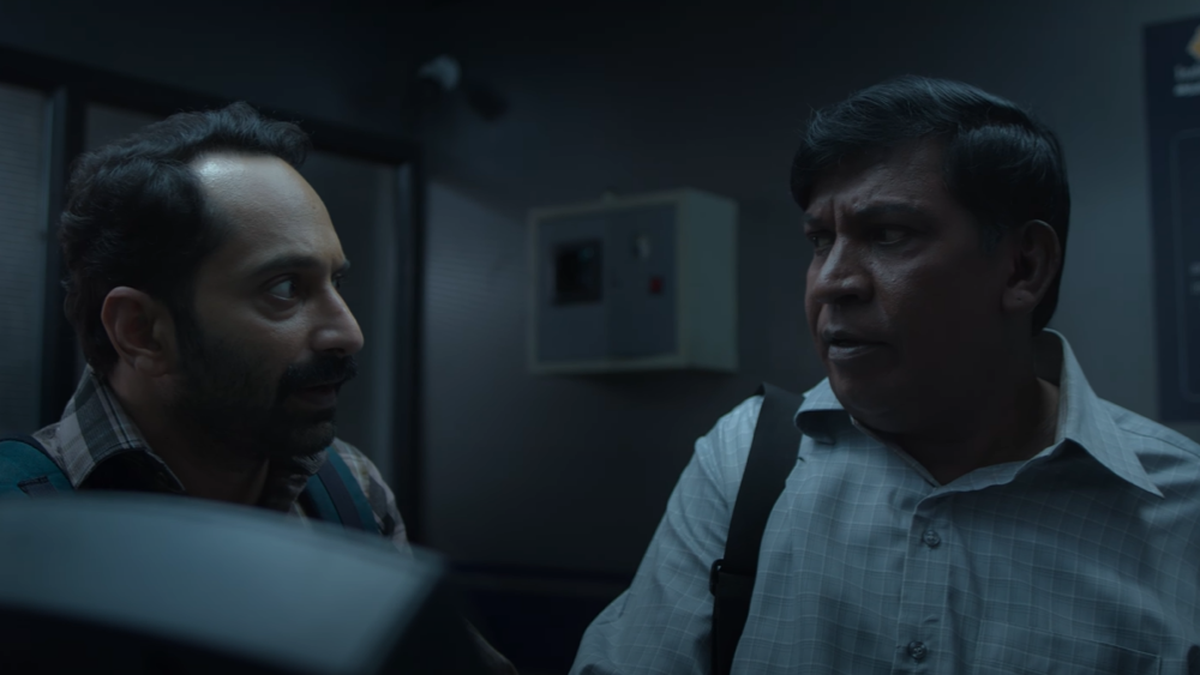

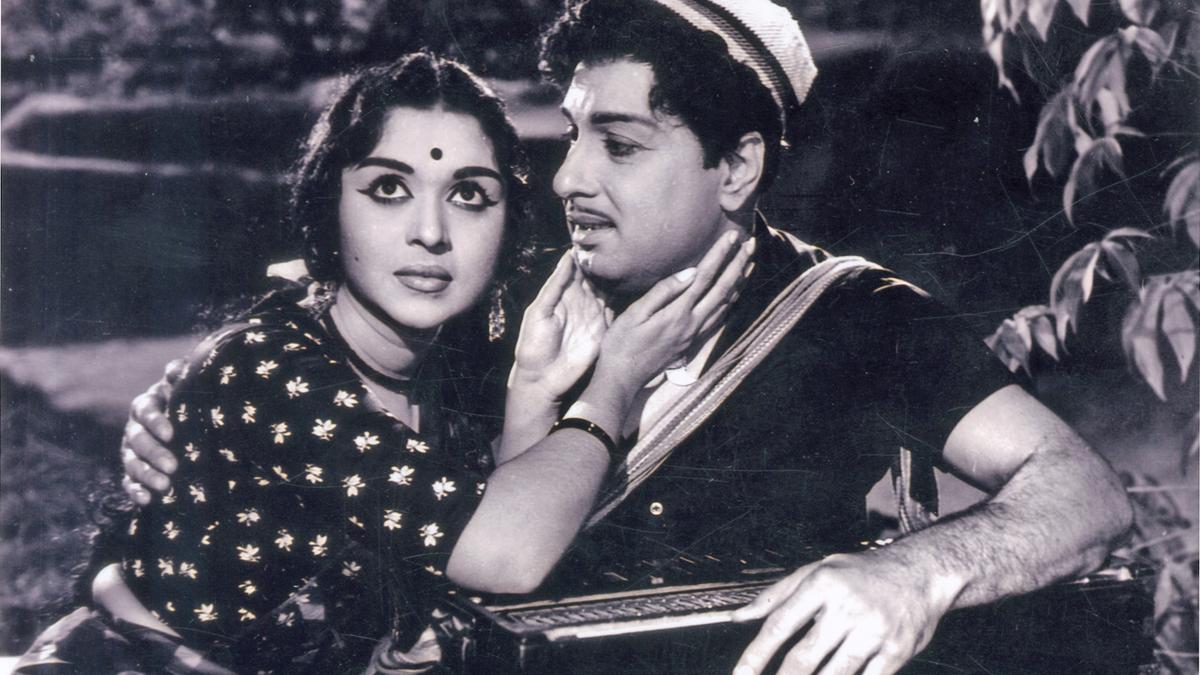
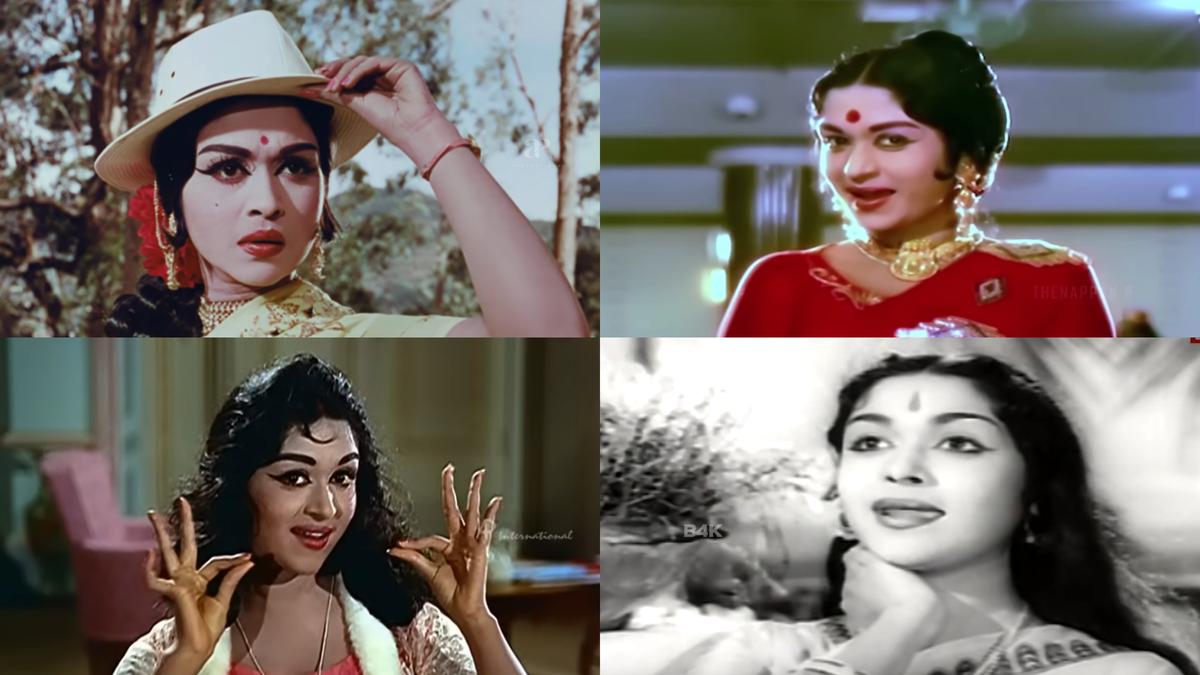

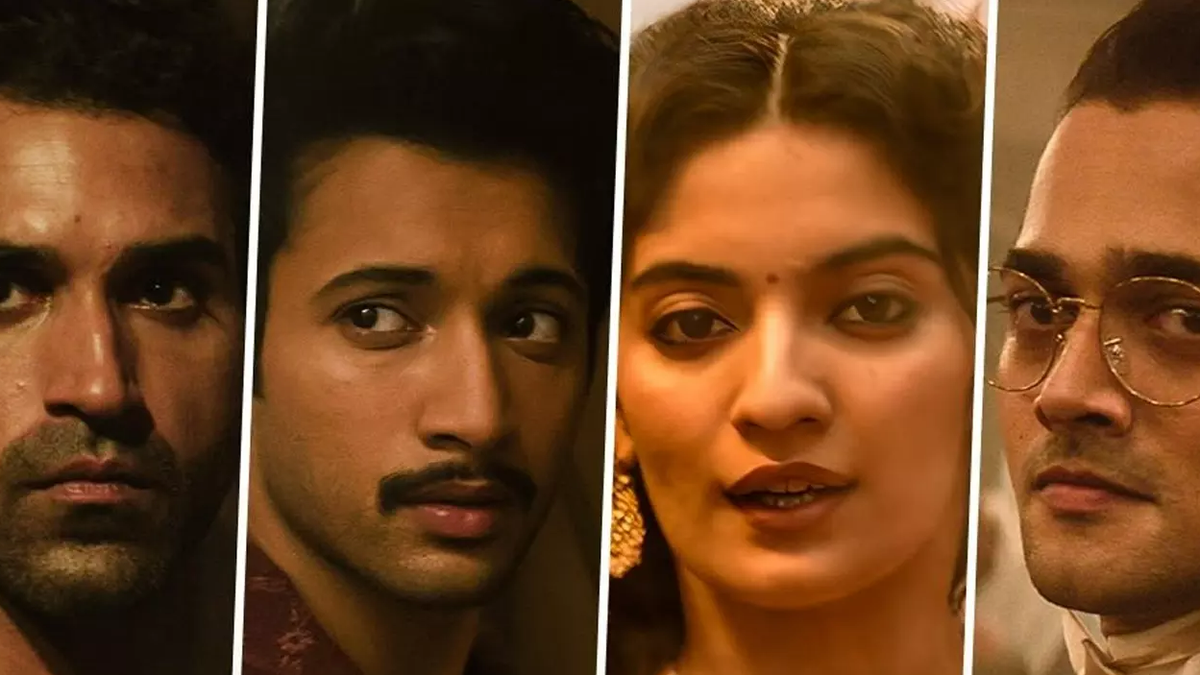
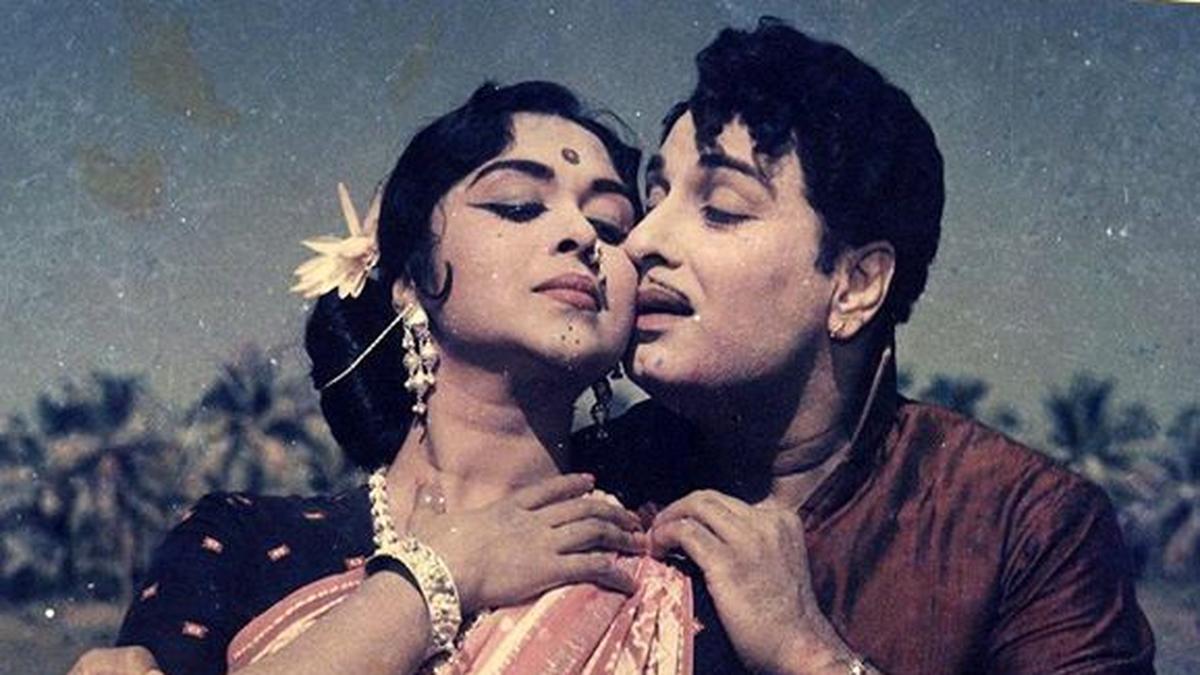
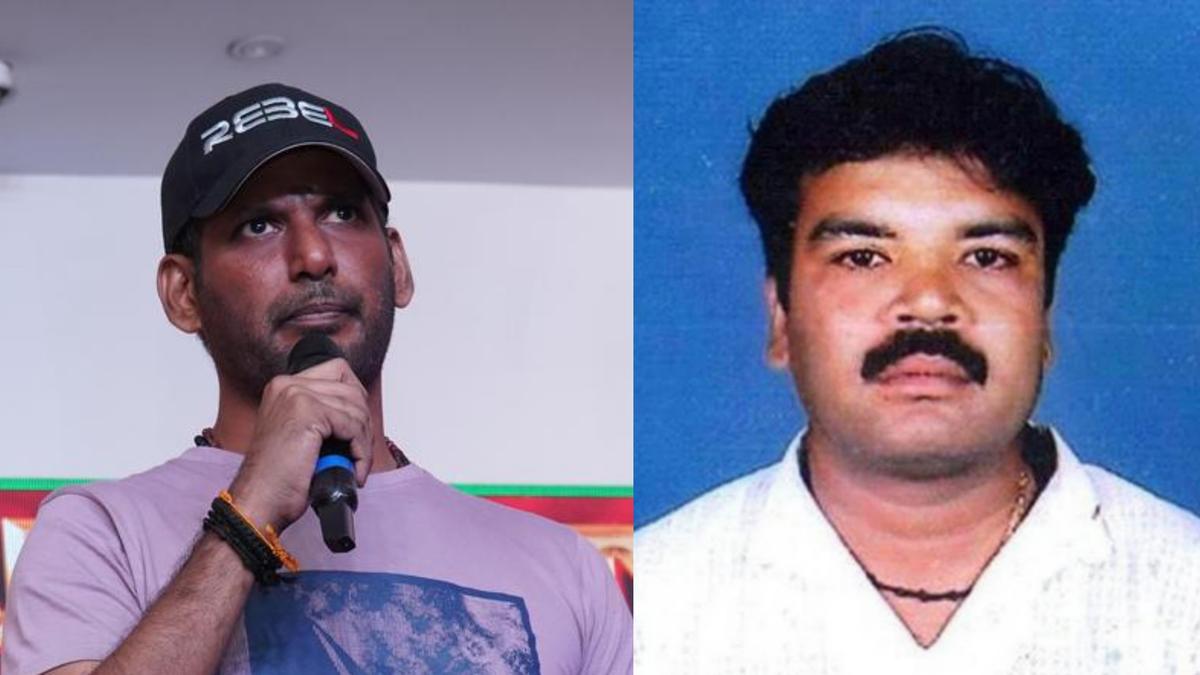
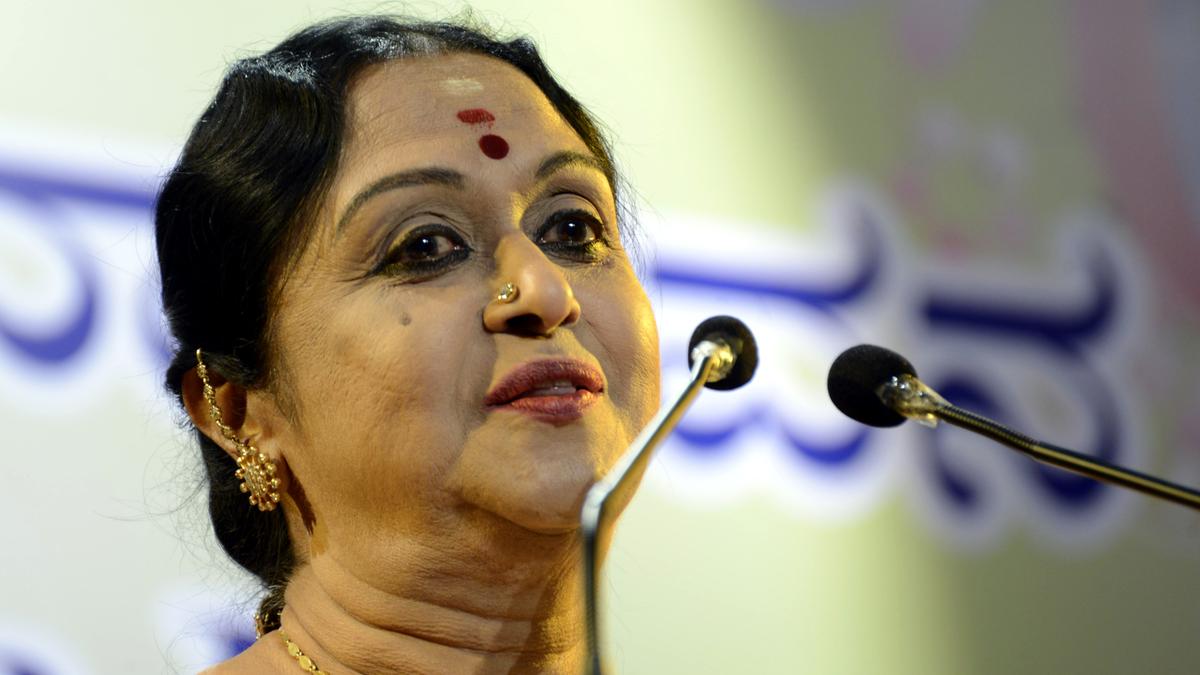



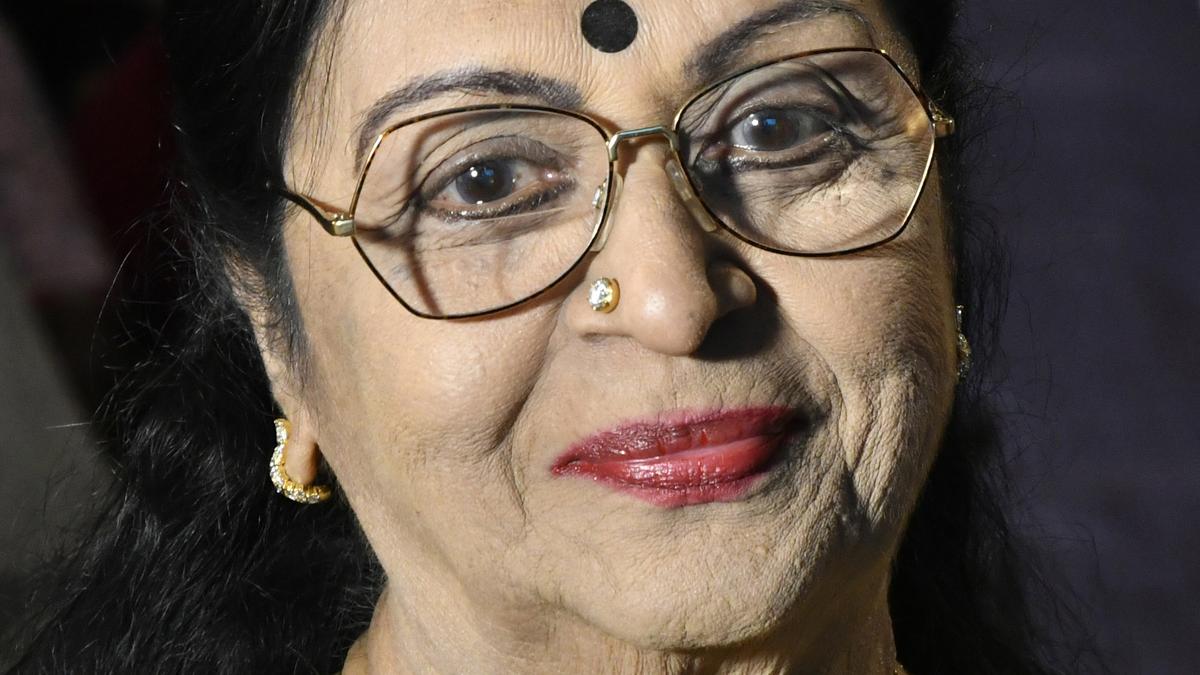
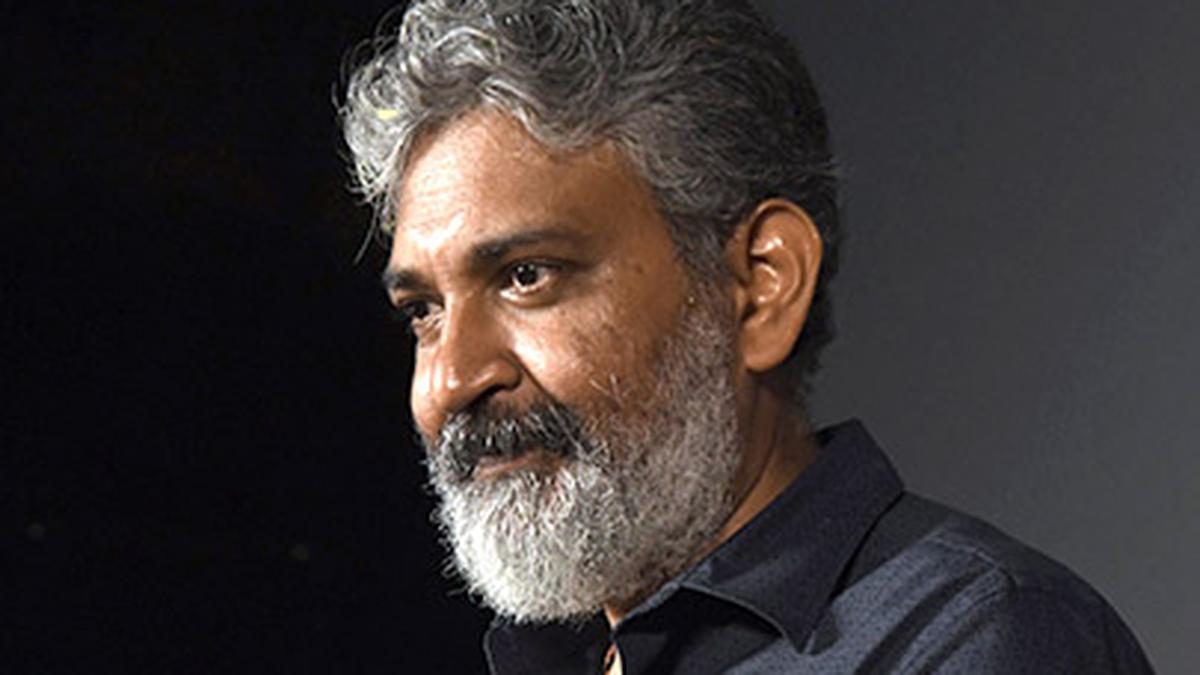







 English (US) ·
English (US) ·